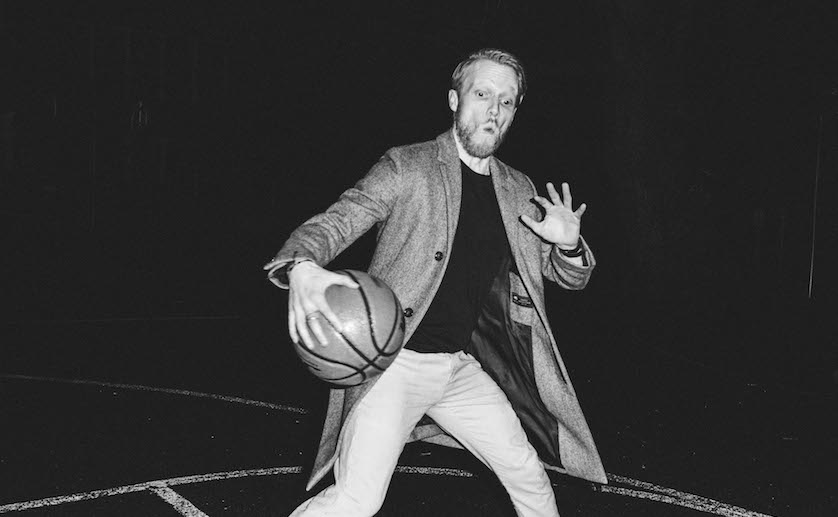


“My hope is to contribute to equipping my generation with the conceptual tools to do intelligent political thinking,” says Allen. She joined the faculty at the University of Chicago in 1997 as Assistant Professor of Classics. in Classics from Cambridge University, then went on to Harvard University, where she received her M.A. in Classics and a minor in political theory, Allen was awarded an M.Phil. “I realized that a lot of the political issues that I wanted to study, I could also learn about through the context of historical study,” Allen says.Īfter graduating summa cum laude from Princeton with a B.A. But things changed when she took a course called “Athenian Democracy” taught by Josiah Ober. And my mother’s grandfather did a lot of important work for the state of Michigan in various work-service roles related to youth education.”Īt Princeton University, Allen expected to be a political science major. My grandfather on my father’s side organized the first NAACP chapter in his part of Florida, which was a dangerous thing to do at the time. And they each came from families that were civically active. “My father grew up in northern Florida and my mother grew up in Michigan. Her father, a professor of political philosophy at Michigan State University, is a past chairman of the United States Commission on Civil Rights. “I come from a pretty political family,” says Allen, who was raised in Claremont, California. Widely known for her work on justice and citizenship in ancient Athens and its application to modern America, Allen recently has been looking at sociopolitical change and how clusters of problems- the influence, for example, of statistics on public discourse and linear extrapolations-relate to issues of political agency. “I knew of the Institute,” says Allen, who had served on the University of Chicago faculty since 1997, “but I am not sure that it ever occurred to me that it was a place that hired.” Since joining the Institute last July, Allen has posed challenging sociopolitical questions-from examining the value of sound bites in democratic discourse to leading the School’s thematic seminar, “The Rule of Law Under Pressure” to probing a heady array of issues related to democratic theory, political sociology, the linguistic dimensions of politics, and the history of political thought.Īllen was Dean of the Humanities Division at the University of Chicago and a MacArthur Fellow with two Ph.D.s when Professor Joan Wallach Scott contacted her in 2006 about the possibility of her joining the Faculty. Trained both as a classicist and a political theorist, Allen was selected to succeed Michael Walzer, one of the world’s foremost political thinkers who retired last June after twenty-seven years and is now Professor Emeritus. “I am happiest when I am reading and writing. "I am a person who loves books,” says Danielle Allen, UPS Foundation Professor in the Institute for Advanced Study’s School of Social Science. An article about Allen and her lecture appears below. At the end of the day, it is listeners, not speakers, who have the most work to do to deal responsibly with sound-bites. This lecture explores why sound-bites are a necessary and valuable part of political conversation, consider the ways in which they are also dangerous, and analyzes the particular challenges to political discourse presented by the new media of the 21st century. In the Western context, Homer was the first purveyor of them and Aristotle offered the first theory of them, but he called them maxims. But is a sound-bite really such a bad thing?

Theatre Now invites you to join us in acknowledging all this as well as our shared responsibility: to make good of this time, and for each of us to consider our roles in reconciliation, decolonization, antiracism, and allyship.The political season is upon us and so, if they were not before, our newspapers, radios, computer screens, and televisions are now overfull with sound-bites and countless people are complaining about the degradation of political conversation. Even the technologies that are central to much of the art we make leave significant carbon footprints, contributing to changing climates that disproportionately affect indigenous peoples worldwide. We are using equipment and high-speed internet not available to all communities. Take a moment to consider the legacies of colonization embedded within the technologies, structures, and ways of thinking we use every day. Theatre Now acknowledges the painful history of genocide and forced removal from this territory, and we honor and respect the many diverse Indigenous peoples still connected to this land on which we and our artists live and work.Īs an organization and as artists, we often gather in virtual space.

Our office is on the original homeland of the Munsee Lenape tribal nation.


 0 kommentar(er)
0 kommentar(er)
